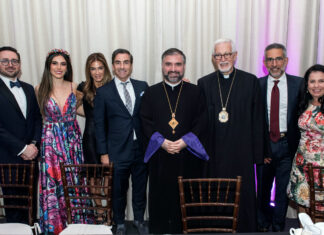GLENDALE, Calif. – The spread of COVID-19 has impacted businesses in Glendale in various ways. While most have been adverse, some companies have found ways to survive and even expand. Obviously only a small sampling is presented in this article.
The situation has been dire for small businesses that have not been included as “essential”
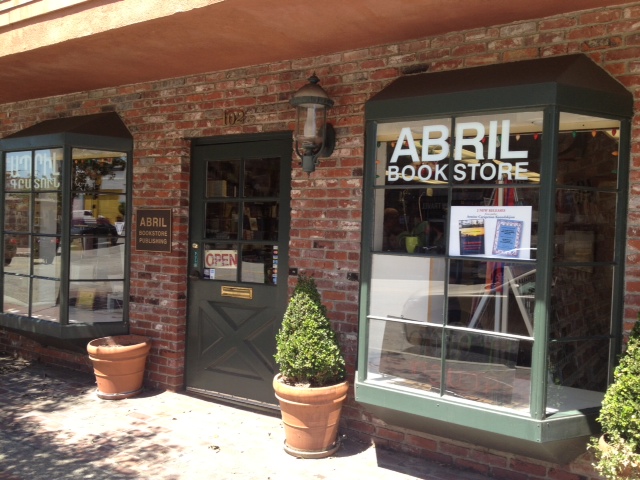
and therefore were forced to shut down. Abril Bookstore, a community cultural institution in Glendale, was closed since mid-March. Owner Arno Yeretzian said that all forthcoming events had to be cancelled. Yeretzian could only periodically come in to fill online orders. He said, “It is a huge hardship for us.” He had to lay off the sole employee, and even himself. With income cut off, paying rent will be a problem.
Other businesses are thriving. Enterprising Armenians are filling gaps in existing services and creating businesses while stuck at home. Marty Vardanian, 25-years-old, is buying exercise equipment online such as dumbbells or racks, and then selling it immediately. Apparently it is in almost as short supply as toilet paper, according to his mother Gayane Diana Vardanian. The items are only available briefly on websites so it is necessary to choose quickly, sometimes within an hour. Marty then resells locally without shipment through websites like OfferUp.
While restaurants have been closed except for delivery, grocery and other food stores are doing well. Some are trying to help their local community. On March 22, according to an 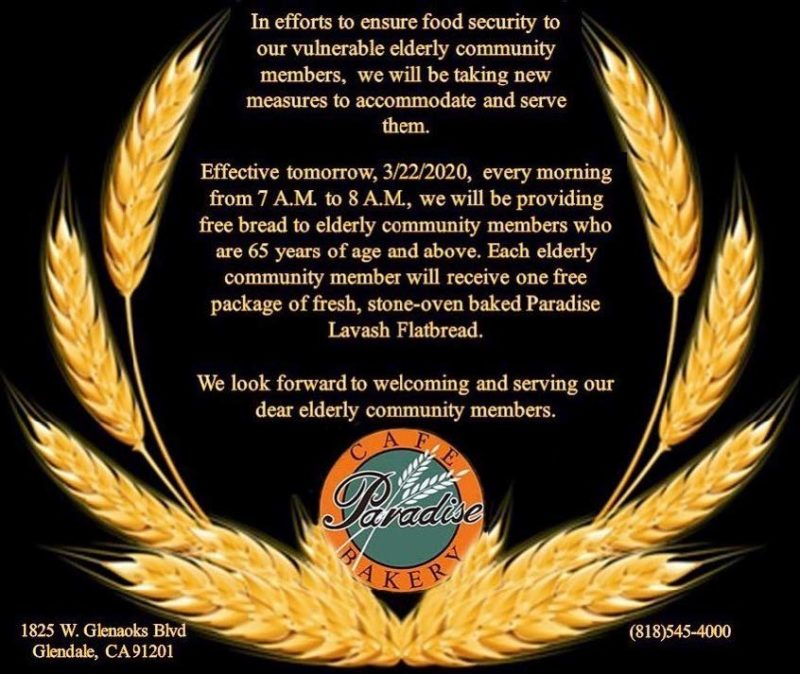 employee, the Armenian-owned Paradise Pastry and Café in Glendale began offering any senior citizen one pack of four pieces of lavash (flat bread) between 7 and 8 a.m. The employee said that it was usually not necessary to check the age of people coming in for this, as it was obvious, and there has not been any abuse of the offer so far. Paradise Pastry and Cafe offers delivery and pick-up services.
employee, the Armenian-owned Paradise Pastry and Café in Glendale began offering any senior citizen one pack of four pieces of lavash (flat bread) between 7 and 8 a.m. The employee said that it was usually not necessary to check the age of people coming in for this, as it was obvious, and there has not been any abuse of the offer so far. Paradise Pastry and Cafe offers delivery and pick-up services.
An Inside Scoop on What Is Going on with Groceries



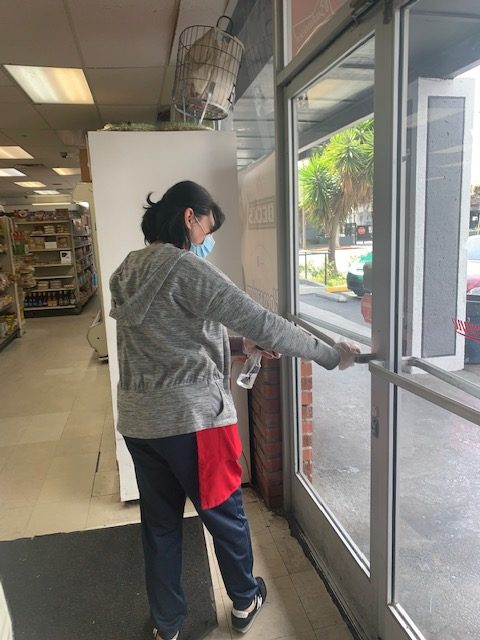

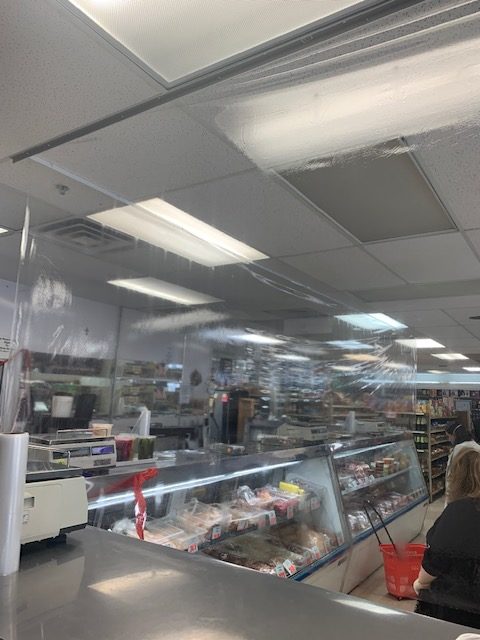


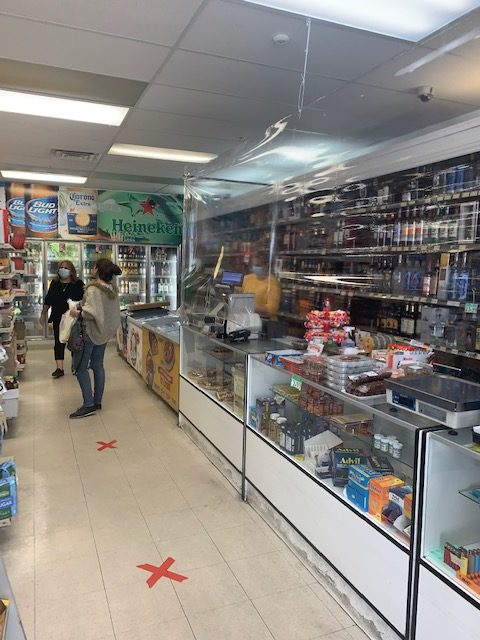
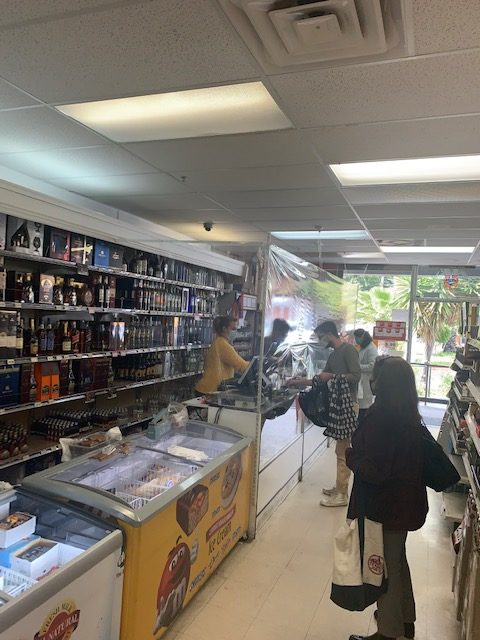
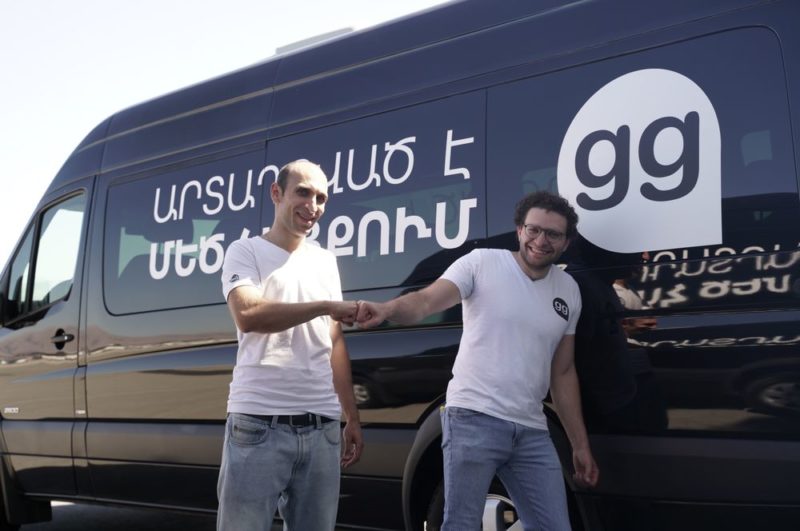
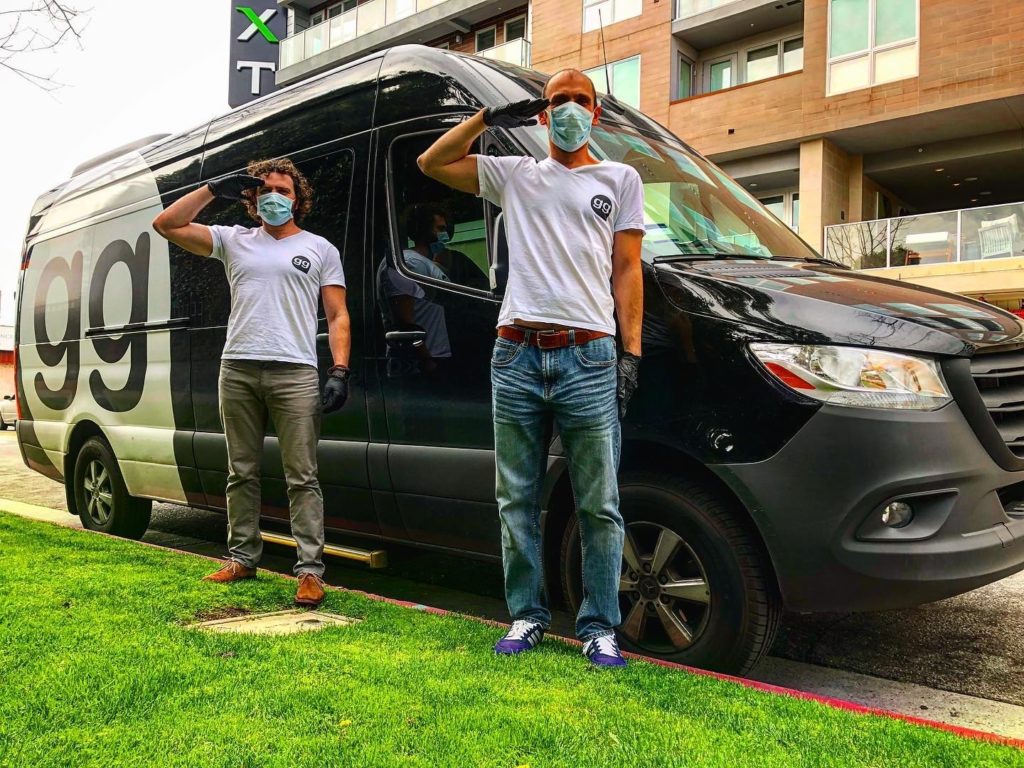
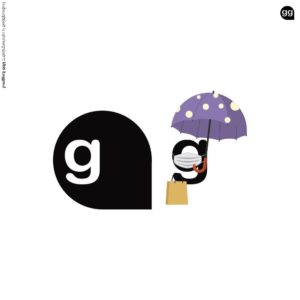 integration of services for greater efficiency and security, and this would reduce exposure. Perhaps pickups could be done directly from warehouses, for example, to isolate contacts.
integration of services for greater efficiency and security, and this would reduce exposure. Perhaps pickups could be done directly from warehouses, for example, to isolate contacts.


